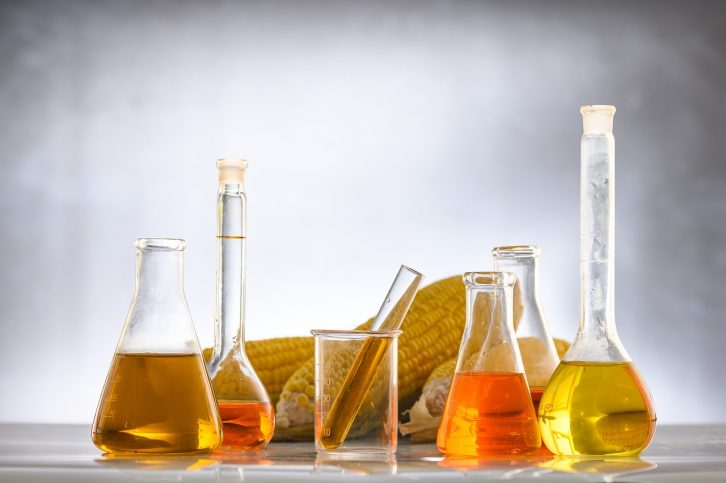Introduction:
In the world of biofuels, there’s a silent hero that often doesn’t get the recognition it deserves – deacidification. This essential process serves as a cornerstone in the production of top-notch biofuels.
In this article, we’ll take a deep dive into deacidification, exploring its significance and how it plays a pivotal role in the creation of efficient and sustainable biofuels.
Why Deacidification Matters:
Deacidification, which involves the reduction of acidity in feedstock, is critical for three compelling reasons:
-
Enhanced Stability: Through the neutralization of acidic compounds, deacidification ensures the stability of biofuels, extending their shelf life.
-
Reduced Corrosion: It acts as a shield against equipment corrosion, ultimately reducing maintenance costs and mitigating safety risks.
-
Optimized Catalysts: Deacidification enhances the efficiency of catalysts, thereby improving downstream processes like hydrogenation.
Efficient deacidification processes are indispensable in upholding the quality and sustainability of biofuels, making them an indispensable cornerstone of the industry.
Innovations in Deacidification:
Innovation is revolutionizing deacidification, making it both more efficient and sustainable:
-
Enzymatic Deacidification: Enzymes have emerged as a greener and more targeted approach to deacidification, reducing the reliance on chemical reagents.
-
Continuous Deacidification: Continuous processes are elevating efficiency and ensuring consistency in the deacidification process.
-
Sustainability Integration: New processes are designed to minimize waste and energy consumption, aligning perfectly with eco-friendly practices.
Conclusion:
Deacidification may often be overlooked in the realm of biofuel production, but its role is nothing short of indispensable.
Efficiency and sustainability in deacidification are the linchpins in ensuring the production of high-quality, stable, and environmentally friendly biofuels. By addressing acidity at its source, we’re laying the foundation for a cleaner and more efficient future in biofuel production.

